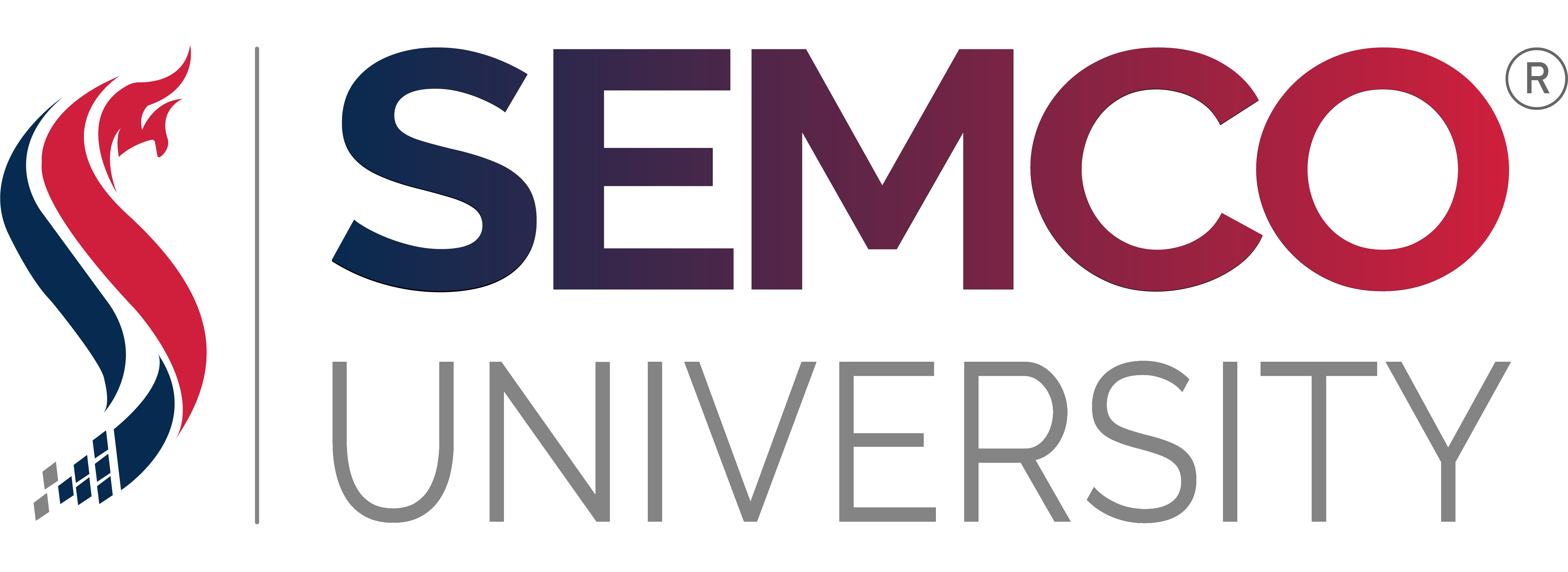Remanufacturing lithium-ion battery (LIBs) is crucial for a sustainable future. Despite technological advancements, challenges persist in recycling and reusing these valuable resources.
Challenges in LIB Remanufacturing:
- Standardization: Establishing standardized processes for remanufacturing LIBs of varying types and conditions is complex.
- Performance and Safety: Ensuring that remanufactured batteries meet the same performance and safety standards as new ones is a critical challenge.
- Economic Viability: Making remanufacturing economically feasible requires efficient processes and valuable recovered materials.
Technological Progress:
Significant strides have been made in recycling technology:
- Rare Metal Recovery: Techniques for extracting valuable metals like lithium, nickel, and cobalt have improved.
- Material Reuse: Recycling processes are being developed to reuse recovered materials in new batteries.
Environmental and Economic Benefits:
- Resource Conservation: Remanufacturing reduces the need for new resource mining, minimizing environmental impact.
- Economic Value: Recovered rare metals can be valuable commodities, promoting a circular economy.
Future Outlook:
Overcoming challenges and continued technological innovation will be essential for the widespread adoption of LIB remanufacturing. Advancements in recycling techniques, improved infrastructure, and supportive policies will drive the transition to a more sustainable future.
Key Takeaways:
LIB remanufacturing offers environmental and economic benefits.
Remanufacturing LIBs is crucial for sustainable energy use.
Technological advancements are enabling efficient recycling and reuse of valuable materials.
Overcoming challenges like standardization and economic viability is essential for widespread adoption.


